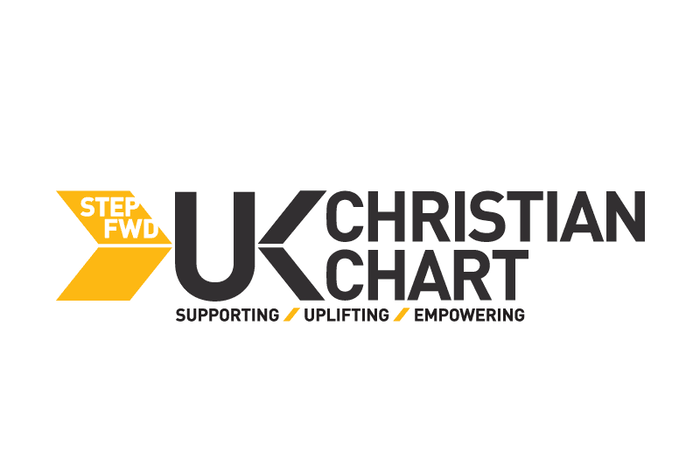
The Coronavirus pandemic is changing our lives. It is challenging the concept of safety that we have taken for granted through our notions of predictability and guarantees – and plunged us into the darkness of the unknown, with all its uncertainties and doubts. Covid-19 has come as a shock – the development and outcomes of which we can neither predict or control. It is affecting every aspect of our lives – not least the financial one. What do you do when you suddenly find that you no longer have a job, or that your income is substantially reduced? The first and natural reaction is panic.
However to deal with the problems caused by sudden financial loss you have to calm that anxiety and ensure that you don’t make important financial decisions in panic mode. Look objectively and honestly at your situation and make decisions about what you are going to do about it – craft a plan. The very act of planning will instil calm as you look clearly at what is facing you and how you are going to handle it.
You could start by drafting a revised budget that reflects your new financial situation. What are your new income amounts and what is the source of this income? How reliable are your remaining sources of income and are they also subject to change because of Covid – for example any rental income that you may have coming in? Review your expenditure with a focus on essential spend. This means that you should be looking to cut for example, subscriptions and membership fees for products and services that you will not be using or that are not essential – do you need that premier package for your digital TV product? Remember also that during the lockdown period spend on clothing, outings and entertainment etc will be greatly reduced. Then do the maths – income over expenditure equals….? When the balance is a minus how are you going to make up that shortfall?
Can you use your savings?
Next, look to your reserves or savings – if you have any. This period of crisis has bought home with a vengeance the importance of having something in reserve to fall back on in an emergency. If you have savings – how long can they support you and your family? Where are your savings? Can you access them easily if you need to? Importantly many banks are now allowing customers with fixed term savings accounts to gain instant access with no penalties.
If you don’t have savings or they are insufficient to rely on over a longer period, you need to do two things.
- Immediately contact your lenders and creditors to let them know about your new financial situation as a result of Covid 19 and that you will struggle or not be able to make those payments that you are committed to. They can and they will help you to establish a new payment arrangement that you can manage. In some cases this might mean a payment holiday. At the Pentecostal Credit Union (PCU) we ask our members who are facing this predicament to complete an Income and Expenditure form. This is not only to inform us of the detail of the situation, but to encourage that member to start the process of planning – gaining some control and equipping them to handle the situation in the best way that they can.
- Investigate the various financial packages that the government has made available to help with financial challenges as a result of Covid 19. There are many and you need to find the benefits, grants and loans that best suit your circumstances. There are a number of agencies that can help you to navigate this arena, such as Citizens Advice Bureau and Step Change Debt Charity amongst many. At PCU we are helping our members who are facing theses challenges to steer through the various packages and find the most appropriate benefits and grants for them, and how to access them.
Avoid adding to your debt
It may not be possible to do this, and borrowing may be a short term solution in some circumstances where it is likely that your situation will enable the loan to be repaid. If this is the case, then ensure that you approach reputable lenders where you can attain a loan with favourable terms including at a low interest rate. If you are a member of a credit union, approach them first. Borrowing though should be a last resort. No reputable lender will lend to you if in so doing it will put you at increased risk of a poor financial outcome in the longer term.
You still have a job and your income has not been affected by the pandemic
If you are fortunate enough to have maintained your job and your income has not been affected by Covid 19 it doesn’t mean that you shouldn’t look at your finances. In all circumstances it is important to develop a ‘worst case scenario’ contingency plan. For example, when the crisis is over, you may expect to return to work on the same basis and terms as you had before the pandemic. But suppose your employer finds that they are unable to maintain you in the role that you have had, or at the rate that you were being paid, because the experience of the pandemic has impacted their business to the extent that they need to make radical changes? We are told that we are heading for a deep and prolonged recession with unemployment levels set to reach record highs. How will this affect you? What will you do if these circumstances should arise for you? One thing that you can do now is to increase your savings or begin to save from your current income. Those clothing and entertainment expenses that you no longer have can now go towards your savings. It may also be a good idea to cut out spending that is not necessary such as those subscription services to increase the amount that you can save.
Income from Investments and savings
For those people who rely on the interest from investments and savings as their income – the recent decision by the Bank of England to cut the base rate to the all time low of 0.1% is very bad news indeed. You should be looking to move your savings to a product that can provide you with an improved return on the ones that you currently have. With fixed term accounts this move may incur a penalty so negotiate with your bank about this. For information, PCU are currently paying a dividend of 1% to its members – these are instant access savings accounts.
How the Pentecostal Credit Union are supporting their members through this crisis.
Like many lenders we have members who are adversely impacted by Covid 19, and we totally understand the impact that these changes can have on their lives. This is why we have developed an approach to not only try to ease the financial responsibilities that they have with us at this time, but also to support them through these challenges. We have also developed a resource page on our website dedicated to provide information about the government packages available.
In this time of crisis and uncertainty, we remain committed to providing the best service that we can to our members, which includes being as flexible and as compassionate as we can be, as we all cope with the challenges presented by Covid 19.
As a Christian organisation we embrace particularly at this time the scripture Hebrews 11.1
”Faith is the substance of things hoped for, the evidence of things not seen”.
For more information about Financial resources to help you get through COVID-19 click here or paste this link into your web browser (https://www.pcuuk.com/content.asp?section=281) or visit the Pentecostal Credit Union www.pcuuk.com











